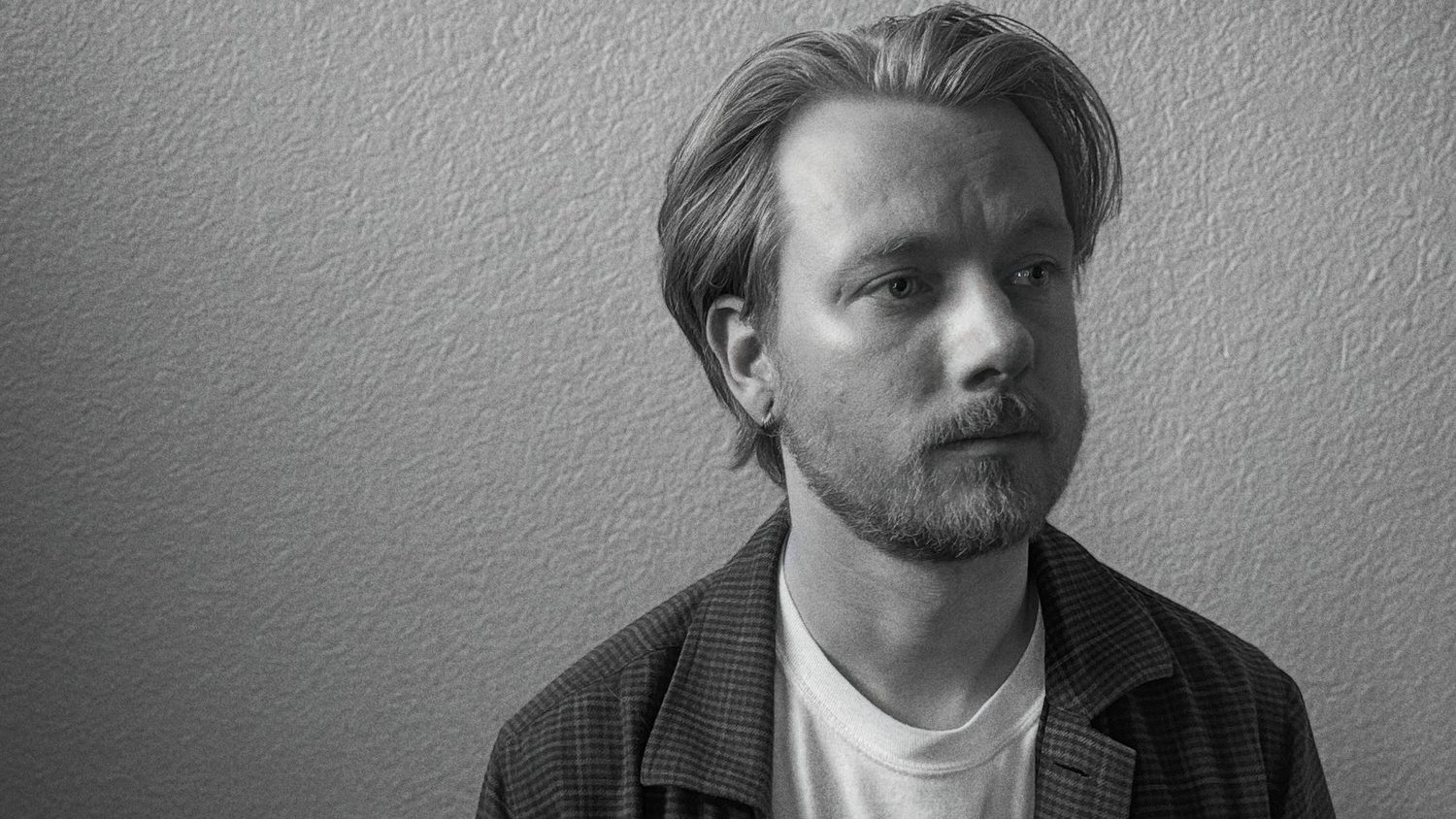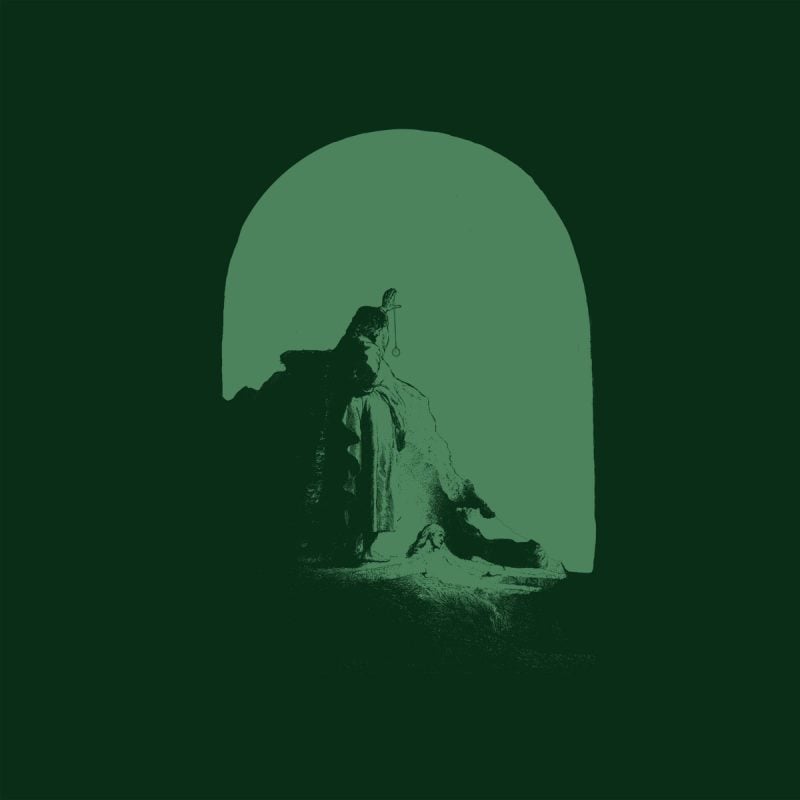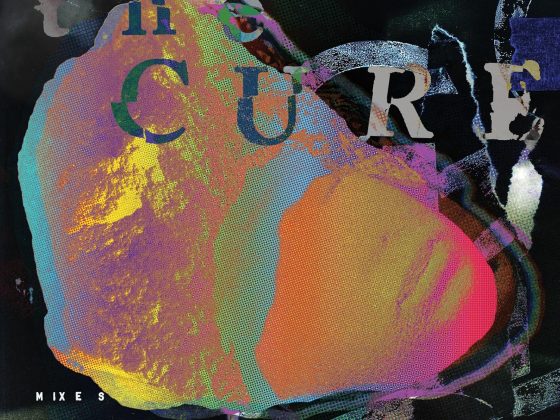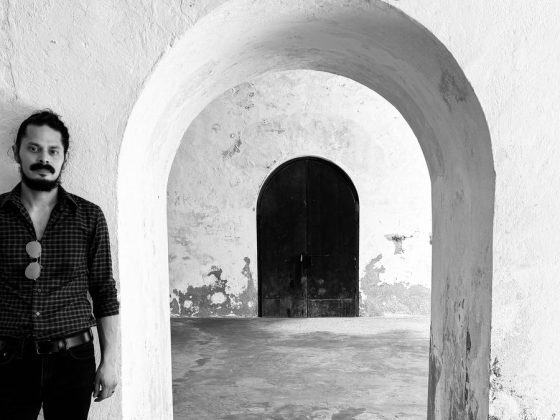Holy Water, the alternative post-punk project helmed by Dutch-born artist and drafter Jasper den Hartigh, has taken root in Austin, Texas, where it continues to evolve alongside longtime collaborators Andrew Stevens and Sarah Contey. Together, they fuse the scorched intricacy of black metal, the weight of doom, and the brittle unease of early post-punk. Contemporary classical flourishes slip between slabs of distortion, yielding a sound that is both sparse and severe. It feels unpolished and immediate, a careful collision of restraint and rawness, equal parts unsettling and hypnotic.
Artillery Shot, the third track from Forest Floor, arrives with focus and force, threading melody through menace, and balance through disarray. It summons Joy Division’s grim minimalism, Depeche Mode’s synthetic chill, and the industrial abrasion of early Nine Inch Nails. Brooding rhythms collapse into droning doom, then give way to jagged shards of experimental noise. There is a strange symmetry at play: resignation laced with awe. Dissonance holds court, yet moments of icy clarity emerge, sharp and glinting. The track feels simultaneously remote and intimate, a record of collapse delivered with cool precision. It moves like a machine trying to dream, laced with hooks that entice and textures that unsettle. For those drawn to disarray polished to a point, Artillery Shot leaves its mark.
“Forest Floor…is an album that attempts to compare the raw, wiry action of post-punk with the atmosphere and weight of doom metal,” says den Hartigh. “In this context, the song is much more on the upbeat, post-punk side of things. The explosive drums that Andrew Stevens played made a perfect contrast to the slinking goth bassline and mechanical guitar parts, hopefully mirroring the tension of trying to find accuracy in an unpredictable world.”
Forest Floor, a ‘descent into decay, memory, and the quiet weight of time,’ arrives June 20, 2025. You can listen to Artillery Shot below and pre-order the album here.
Forest Floor unfolds like a field recording from the edge of the familiar. Spanning seventeen tracks in just over half an hour, it moves briskly but leaves marks. There is a lo-fi sharpness throughout, with sparse passages that echo like wind through wood, and sudden bursts of brittle intensity that recall both black metal’s rawness and post-punk’s clipped precision. The lyrics, fragmented and impressionistic, lean on image more than exposition. Decay and renewal thread through the record like roots through soil; a frustratingly fuzzy memory – but felt all the same.
Follow Holy Water:
















 Or via:
Or via: